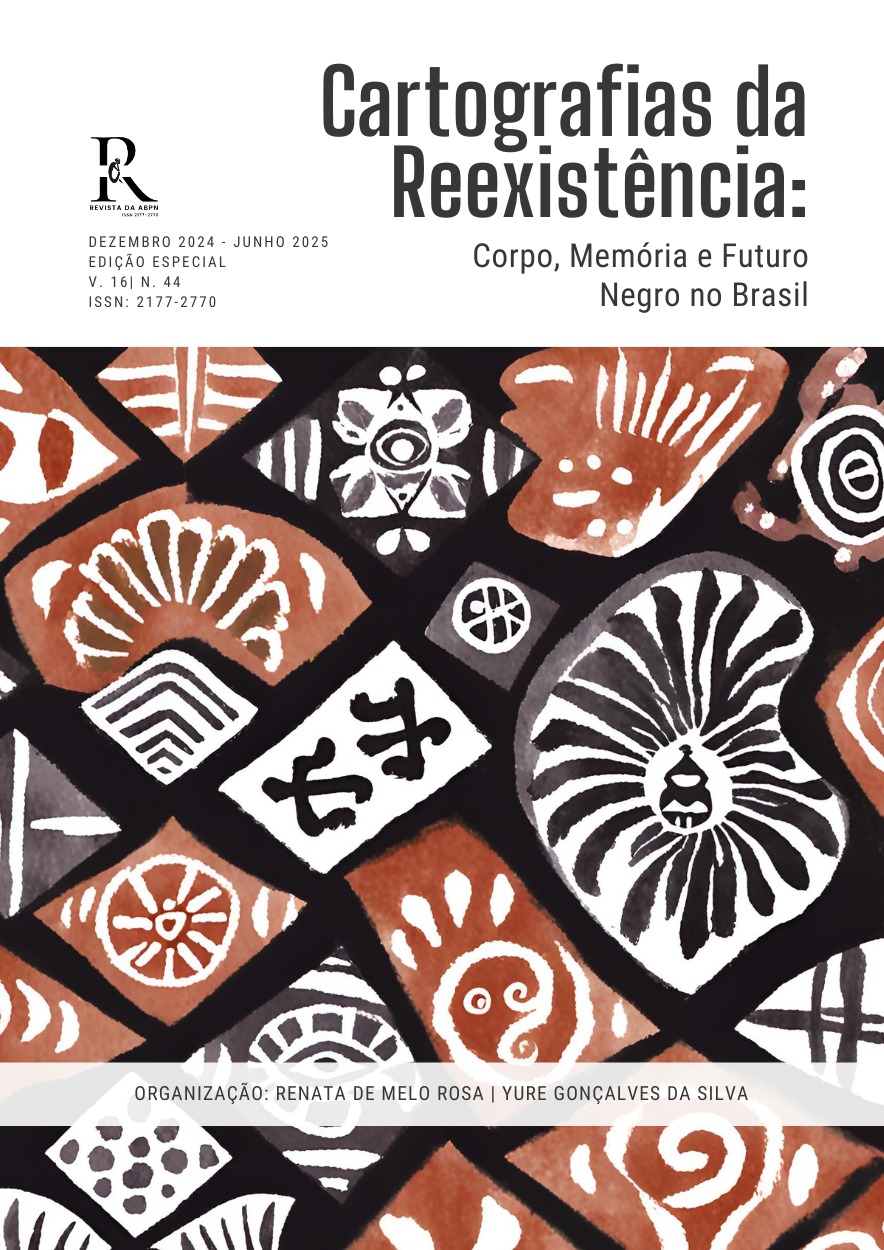Ongoing Transformations: Psychology's Perspective on Black Women and Black Women's View on Psychology A PERSPECTIVA DA PSICOLOGIA EM RELAÇÃO ÀS MULHERES PRETAS E A VISÃO DAS MULHERES PRETAS SOBRE A PSICOLOGIA
Main Article Content
Abstract
This article addresses the scarcity of academic productions about Black psychologists in Brazil, examining the results of searches in databases. The theoretical-methodological framework is based on Black intersectional theories. Additionally, accounts of pioneering Black psychologists are presented, highlighting their trajectories and the challenges they faced. The research reveals the absence of studies that address the experiences of Black psychologists and discuss the theme of racism within the profession. The text also seeks to emphasize the importance of valuing the voices and experiences of Black women in Psychology and proposes breaking away from narratives that dehumanize and objectify the Black population, pointing out the urgency of an anti-racist Psychology committed to confronting the racial inequalities present in Brazilian society.
Article Details

This work is licensed under a Creative Commons Attribution 4.0 International License.
Copyright Statement
- Authors retain copyright and grant the journal the right of first publication, with work simultaneously licensed under the Creative Commons Attribution License CC-BY 4.0 which allows the sharing of the work with acknowledgment of the authorship of the work and initial publication in this journal.
- Authors are authorized to enter into additional contracts separately for non-exclusive distribution of the version of the work published in this journal (eg, publishing in institutional repository or book chapter), with acknowledgment of authorship and initial publication in this journal.
- Authors are allowed and encouraged to post and distribute their work online (eg in institutional repositories or on their personal page) at any point before or during the editorial process, as this may lead to productive changes as well as increase impact and citation of published work (See The Effect of Free Access).

